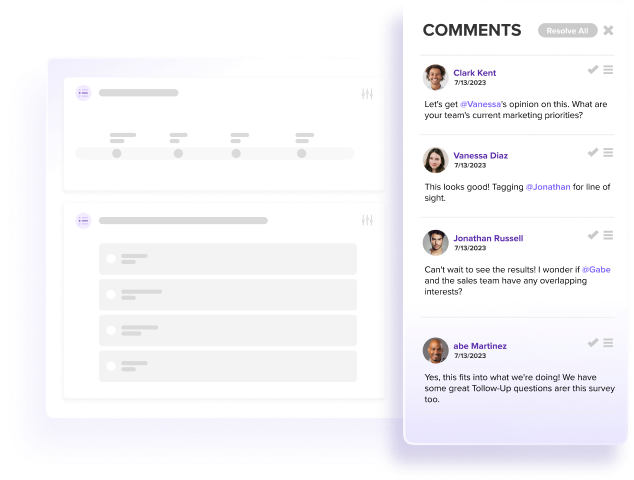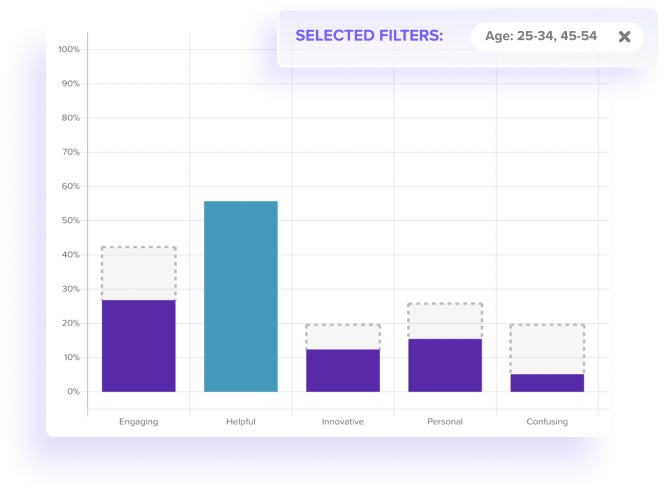

Brand Analysis
Discover brand strengths and weaknesses, understand your market position, and identify what makes your brand different.
Don’t let big projects and outdated methods slow you down. Send quick surveys to target audience panels and get responses in minutes.




Use concept testing to evaluate new ideas, concepts, and features with a trusted audience
Learn More

helping the world’s biggest brands






Don’t start from scratch. Use hundreds of market research templates for your next survey.

Discover brand strengths and weaknesses, understand your market position, and identify what makes your brand different.

Boost confidence in your pricing strategy with competitive intel and emotional feedback.

Attract customers by leveraging a unique position in the market.
Subscribe to Closing the Gap. A newsletter to help makers and doers get closer to customers. Learn more.